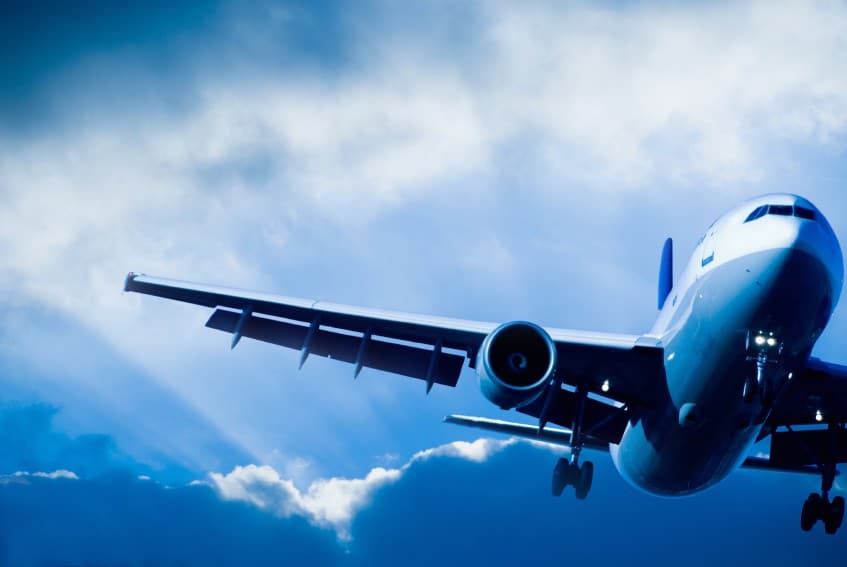As Vancouver prepares to welcome the world for the 2010 Winter Olympics, flight schools and regional carriers operating in the Vancouver area are bracing for the potentially devastating effects of the Olympic flight restrictions. The restrictions are aimed at enhancing security, and will be in effect for an eight-week period from January 29, 2010 to March 24, 2010 (beginning two weeks before the Olympics and ending three days after the close of the Paralympic Games).
Designated Olympic airspace consists of two overlapping rings centered over the Vancouver International Airport and the Whistler Athlete’s Village. There are three distinct areas within the Olympic airspace, referred to as the Olympic Rings, the Olympic Control Area and the Olympic Restricted Zones. Flight restrictions increase as you move toward the centre of the rings. Only emergency, security, authorized essential service and media flights are permitted in the Olympic Restricted Zones.
Throughout the Olympic airspace, certain flight operations are prohibited, including solo flights by student pilots, forced landings, precautionary landing practice and aerobatic flights. In addition, temporary regulations require all operators to ensure that passengers, baggage and cargo are presented to the Canadian Air Transport Security Authority (CATSA) for enhanced security screening before they enter the Olympic Control Area. Flights departing from airports that do not have CATSA screening facilities will be redirected to airports that do have CATSA screening facilities before they will be permitted to enter the Olympic Control Area.
As a result of the Olympic flight restrictions, flight schools and regional air carriers estimate a drop in business revenues of at least 70%. On January 19, 2010, John McKenna, President and CEO of the Air Transport Association of Canada (ATAC) wrote a letter to Prime Minister Stephen Harper, requesting that $3,000,000 in compensation be paid to affected operators to cover their fixed costs such as rent, insurance and skeleton staff during the period of the restrictions.
To date, the Canadian government has offered no compensation, saying that there is no program through which such compensation could be paid. However, the government has paid compensation to air operators affected by flight restrictions resulting from federal activities in the past, such as the Kananaskis G-8 Meeting. Further, as Mr. McKenna notes in his letter to the Prime Minister, the Olympic Security budget is currently at approximately $1 billion dollars and this is arguably a security issue. As a result, there is still a possibility that affected flight schools and carriers will receive compensation for the impact of the Olympic flight restrictions on their businesses.


